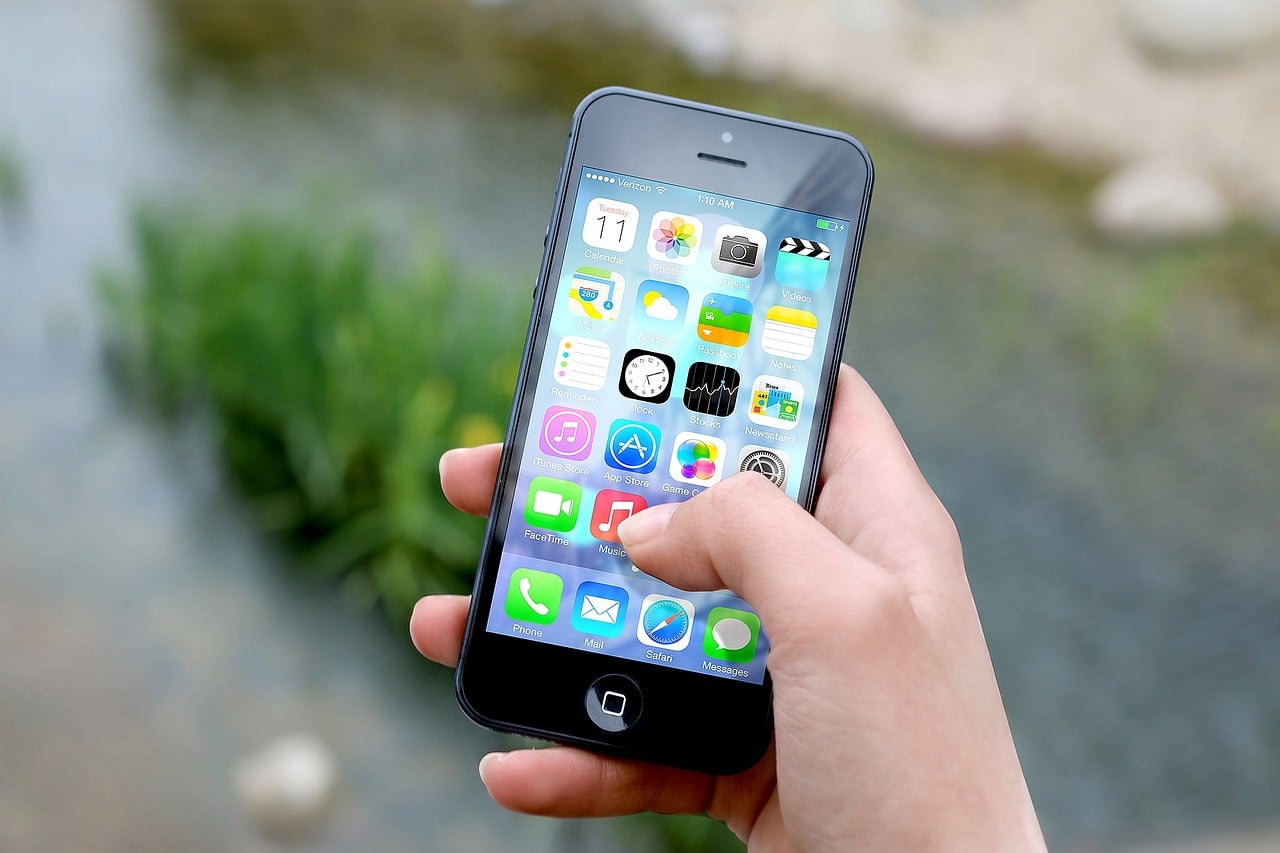See what's new with the Pixel 8. Check out the unique features of this phone.
Google announced this past Wednesday (4) that it has added the Pixel 8 and Pixel 8 Pro cell phones to its smartphone catalog. These models were equipped with the new Tensor G3 processor developed by the company and guaranteed consumers seven years of Android updates.
This is unprecedented for a smartphone running Google's operating system. Another interesting feature of the Pro series is the temperature sensor. Initially, it could be used to measure the temperature of objects, but it soon became possible to measure the user's temperature as well. Read on to learn more about Google's latest developments.

Artificial intelligence
In its announcement, the Google company said it would use artificial intelligence (AI) technologies that are expected to be used in smartphones, such as “Best Take” (or “Best Click”), which combines similar photos to ensure that all images are displayed. It is worth noting that there is no forecast for the arrival of the Pixel 8 and Pixel 8 Pro in the Brazilian market, as the company does not sell cell phones in Brazil.
Pixel 8 Pro
THE Pixel 8 The Pro will launch in global markets with a 6.7-inch display, just like the previous-generation Pixel 7 Pro. However, this version of the phone will come with an OLED display with LTPO technology, which helps reduce power consumption. The company claims that this is the brightest display on a Pixel smartphone to date.
In terms of design, the device also features a matte glass back with a polished aluminum frame, a composition of recyclable material and three colors: pink, gray and black. When it comes to cameras, Google has offered a 10.5-inch selfie camera, along with three lenses: a 50 MP main camera, a 48 MP ultra-wide camera and a 5x telephoto camera, also of 48 MP.
Despite the improvements in lenses, what is impressive are the new possibilities added to photography through the use of generative artificial intelligence. This allows everything from choosing the best pose for each member of the photo to add-ons that allow users to add details to photos already taken when they want to zoom in or out.
Additionally, Google revealed the presence of a new temperature sensor on the back of the Pixel 8 Pro. The sensor can quickly scan and measure the temperature of objects like pots and baby bottles. The company has also filed an application with the Federal Drug Administration (FDA) to allow the Pixel's thermometer app to measure users' body temperatures and store them on Fitbit (although this will also apply to other compatible Android smartwatches). The phone currently costs $1,999, or about $1,150.
“Basic” model
The most basic version of the device is slightly smaller, with a 6.2-inch OLED screen and a 120Hz refresh rate, and has a similar design to the Pixel 8 Pro. However, it comes with one less lens.
In addition to the 10.5MP front camera, the Pixel 8 features a 50MP main camera and a 12MP ultrawide camera with autofocus and macro lens capabilities. Like the Pro version, the Pixel 8 features the same AI-powered photo editing tools. It also features the same 4-nanometer Tensor G3 processor. The phone also comes with Android 14, the first update in seven years. In the US, it retails for $1,699 (approximately R$3,603). Both Google phones will be officially launched on October 12.



